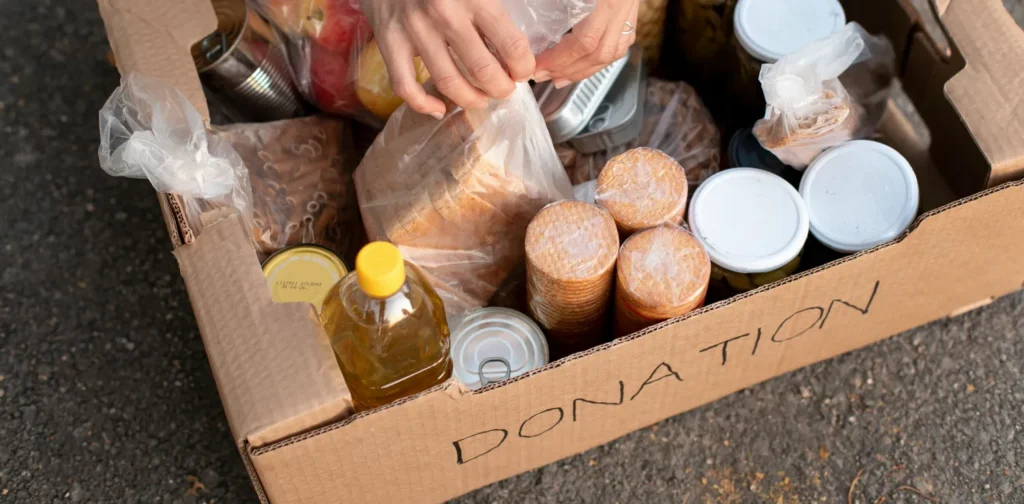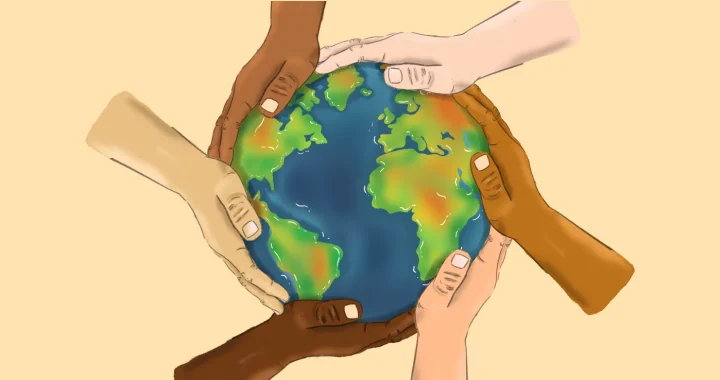How Food Banks Help Tackle Hunger and Food Waste in Communities

Photo: Freepik
The world currently produces more than enough food to meet the daily nutritional needs of every person on Earth. Yet, somehow, more than 738 million people worldwide live in hunger. The connecting issue is food waste, as around one-fifth of all food produced annually is wasted or lost before consumption. Hunger and food waste are two interlinked problems, and food banks help bridge the disconnection.
Hunger and Food Waste
From extreme weather events, conflicts, the cost-of-living crisis, and economic shocks, the world is not short on factors that result in people suffering from hunger, food insecurity, and malnutrition. Furthermore, these cases are more prevalent for women and those in low- and lower-middle-income communities. This underscores the distribution issue within food systems worldwide.
In contrast, food loss and waste has become a serious issue, with over one billion meals wasted every day. From food lost during postharvest to unsold groceries at supermarkets, it all piles up. Globally, it amounts to an estimated economic loss of one trillion dollars per year and contributes to 8–10% of total greenhouse gas emissions.
How Do Food Banks Operate?
Hunger and food waste are among the most prevalent issues in global food systems. In theory, solutions that reduce food waste and end world hunger should be interconnected—a two birds one stone situation. There are various ways to tackle hunger and food waste, one of which is through food banks.
Besides receiving donations, food banks collaborate with companies and other entities across the supply chain to collect safe and nutritious food, which would otherwise be wasted. The food items are first sorted based on nutritional values and the specific needs of the community. Once ready for distribution, the food is delivered through partner agencies, local pantries, and organizations.
For example, the Feeding America network distributed 723 million nutritious meals in 2017 alone. Meanwhile in Brazil, the country’s largest food bank, Sesc Mesa Brasil, reaches around 2.1 billion people every month—roughly one-fifth of Brazil’s undernourished population.
Bridging the Disconnection
While food banks can significantly reduce food waste and hunger in communities, they are not a complete solution as they only offer temporary food assistance. More comprehensive solutions, interventions, and cross-sectoral collaborations are needed to fully address global hunger and food waste issues. Still, food banks are an existing system that work to bridge the disconnection, so increased funding, supportive policies, and improved infrastructures would enable wider and more efficient distribution. Ultimately, everyone has the right to safe, healthy, and nutritious food, and ensuring its accessibility is a global priority.
Editor: Nazalea Kusuma

Co-create positive impact for people and the planet.
Amidst today’s increasingly complex global challenges, equipping yourself, team, and communities with interdisciplinary and cross-sectoral insights on sustainability-related issues and sustainable development is no longer optional — it is a strategic necessity to stay ahead and stay relevant.


 How Human Behaviour Becomes the Real Engine of Sustainability Action
How Human Behaviour Becomes the Real Engine of Sustainability Action  Germany to Improve Protection Measures for Critical Infrastructures
Germany to Improve Protection Measures for Critical Infrastructures  Data Center Boom: Looking at India and Beyond
Data Center Boom: Looking at India and Beyond  Assessing Indonesia’s Step into Global Carbon Markets
Assessing Indonesia’s Step into Global Carbon Markets  Prioritizing Finance for Nature for Healthy and Resilient Ecosystems
Prioritizing Finance for Nature for Healthy and Resilient Ecosystems  Integrating Indigenous Practices into Australia’s Defense Against Heatwaves
Integrating Indigenous Practices into Australia’s Defense Against Heatwaves